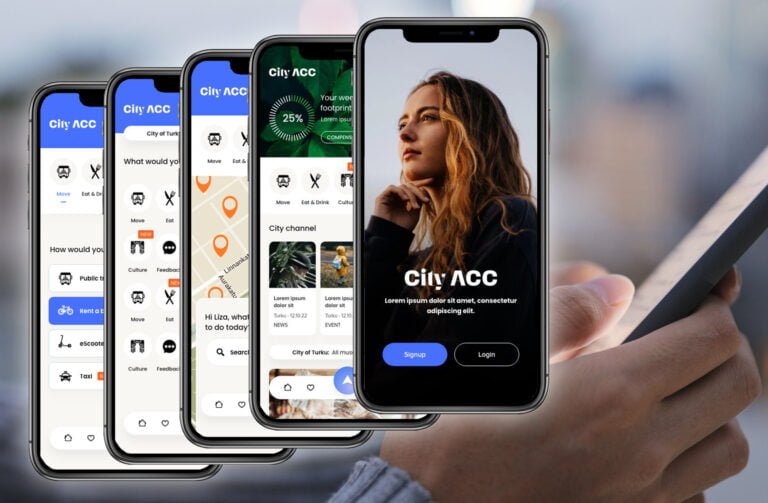By Tuomo Parjanen
CEO of PayiQ
Changing transportation isn’t about building apps. A good mobile app is of course the go-to interface of today’s digital services but when it is delivered in the physical realm, especially in a complex and capital intensive one, then much more than a digital interface is needed to bring real change. I think this is very evident in the world of transportation where both disruptive entrants and big incumbents are realizing the magnitude of the challenge.
Current transport silos and supporting information systems were not built for fluid multimodality and smooth account-based ticketing. Yet, multimodal mobile ticketing and MaaS solutions appeal to modern customers. And more importantly these changes look like an environmental must. Many digital services make life more fun (games, video streaming) or more convenient (travel, banking, food delivery), but in the face of climate catastrophe optimizing the existing transportation infrastructure is vital. But as said, real change requires much more than apps.
Due to this realization, the space of smart mobility has gone and is going through a dramatic change. Only a few years ago it was the playing field of startups. Now almost everybody, the customers, the startups and bigger companies are facing the fact that it is practically impossible for one company to deliver all that is needed, payments, ticketing, navigation, readers, user interface, insurance, reliable and connectible backend and transportation hardware, to the table. Therefore the space is turning into a sizable ecosystem consisting of small and major actors.
The development is the same we are seeing in traditional automobile industry: to survive in the digital + climate change age, companies are merging, cooperating, building consortiums, buying startups and acquiring digital competencies. In smart mobility we are seeing big players like Visa, Nokia, CGI or Accenture entering the field and building consortiums with niche excellence outfits like PayiQ, Skedgo, Shotl and many others.
When you are in a hurricane it is difficult to assess the size and the direction of the storm. Right now, from where I am sitting, it looks like both the big tech companies and the big payment companies would want to take the lead and build tight groups around them. Probably both scenarios will play out. When this happens there is a temptation to make exclusive deals within the group and build closed systems together. However, the problem with that is that closed solutions are rarely compatible with complex existing infrastructure and therefore don’t scale. For most players, open and adaptable approach will probably be more lucrative.
This is what we are betting on at PayiQ. We firmly believe in open ecosystems and therefore have no exclusive deals but many close partnerships. So far the results are very encouraging. During the last year, when the development described above, has really started to take place, practically all of our growth has come from deals we have made together with our partners. There is very little space left for single vendors: it is not about who can build the app, but who can deliver a credible consortium.
















